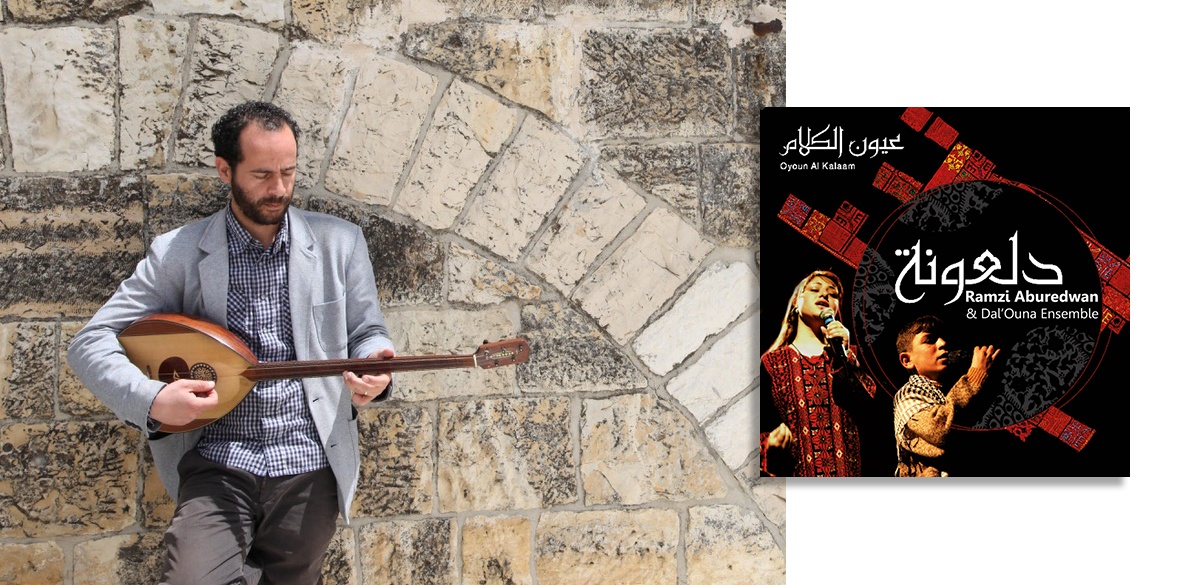This is the last article you can read this month
You can read more article this month
You can read more articles this month
Sorry your limit is up for this month
Reset on:
Please help support the Morning Star by subscribing here
MALIAN kora player Toumani Diabate’s albums originally released on Joe Boyd’s Hannibal Records between 1988 and 1999 are being remastered and reissued on vinyl and CD by Chrysalis Records over the coming months, kicking off with New Ancient Strings, a collaboration kora player Toumani Diabate and Ballake Sissoko.
Described as a follow up to the rare 1970 album Ancient Strings, https://www.youtube.com/watch?v=xw5MhyvSMUg&t=12s, a collaboration between their fathers, Sidiki Diabate and Djelimadi Sissoko, the reissue consists of eight timeless instrumentals of traditional Mande music with themes going back to the 13th century as well as embracing more modern-day sounds.
The reissue series will feature albums originally produced by ethnomusicologist and broadcaster Lucy Duran who presented the BBC’s World Routes on Radio 3 between 2000 and 2013. Speaking exclusively to the Morning Star, Duran explained the attraction of Toumani Diabate’s music.
“I had already been studying kora in Gambia with Toumani’s great uncle, Amadu Bansang Jobarteh before meeting Toumani at his home in Bamako, Mali, in 1987. He was 21 and was a prodigious kora player with a highly melodic style which he had developed growing up listening to many different kinds of music including jazz, and also the sublime kora playing of his father, Sidiki, who was known as the King Of The Kora. Toumani’s unique, new generation approach to the kora was immediately engaging and I knew that I had found a star with a universal sound.
“I was producer or co-producer of five of Toumani’s first albums — Kaira, https://www.youtube.com/watch?v=mEXSJWVWnT4, (a solo kora album and his debut album) Djelika, https://www.youtube.com/watch?v=mRVH3u-07iw, (with other musicians from Mali), New Ancient Strings, https://www.youtube.com/watch?v=noW0fIutoyE, Songhai 2, https://www.youtube.com/watch?v=C9rocS14aNM, (with the flamenco group Ketama) and Kulanjan, https://www.youtube.com/watch?v=maEVIcuU6js, which featured Taj Mahal — a crossover between the blues and Malian music which was was an unforgettable experience, as the two sides, long separated across the Atlantic, explored synergies with enthusiasm and enchanting creativity.”
The original Hannibal album was recorded at the Palais de Congres (with perfect acoustics) overlooking the Niger river in just one night with no overdubs. Lucy recalls: “The two young players had grown up as next-door neighbours in Bamako. Their fathers were great friends who often played together in duets as well as in the Mali National Ensemble. Ballake and Toumani, both virtuosi in their own right, of a similar age, had developed different but complementary styles and there was an edge of competitiveness when they played together. Once we were set up, these superb musicians bounced off each other’s improvisations, with exquisite transformations of well-known griot tunes.”
Referring to the coming reissue series Lucy says: “The kora itself has undergone many technical transformations as a result of these musical journeys, with new tuning and amplification systems, and is played by many people way beyond the land from which it originated. The kora is here to stay.”
As the war in Gaza rages on with no sign of a ceasefire, World Music Network have reissued the 2007 album Oyoun Al kalam, https://www.youtube.com/watch?v=3i9vrRO2pr0, by the Palestinian composer/multi-instrumentalist Ramzi Aburedwan and the Dal’Ouna Ensemble — the first time it has been available digitally.
Born and raised in a Palestinian refugee camp in Ramallah, in the West Bank, as an eight-year-old Ramzi was famously photographed hurling stones at Israeli tanks during the first Intifada of 1987 to 1993. Founded in 2000, the idea of the Dal’Ouna Ensemble was born while Ramzi was living in France. They were named after a style of song performed in Palestine, Lebanon and Syria — Dal’Ouna stands for the communal values of collaborative work and mutual support.
Ramzi explains: “When you have an Eastern background and a Western musical education you get an evocative sound. With Dal’Ouna I wanted to explore all my emotions, my daily life, my dreams, the oppression I have experienced and all the places that I have lived.”
A timely reissue indeed.












